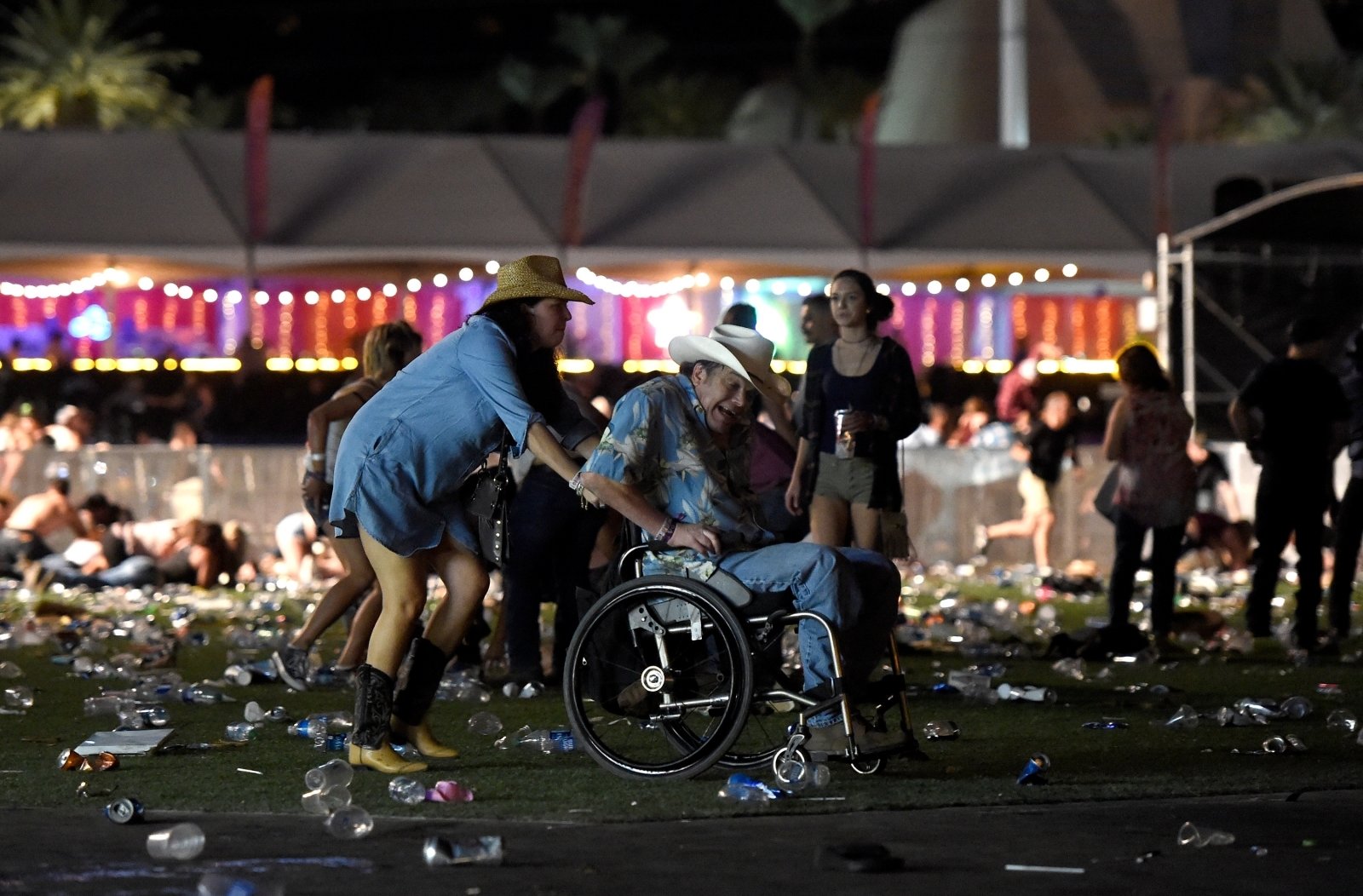
Every time something like the Las Vegas shooting happens, the question is asked, “Why do people do these things?”
Because of my profession, I get asked that a lot. But no matter how many times I answer, or how many times I refer people to the best and definitive work on the subject, “Inside the Criminal Mind” by Stanton Samenow, the answers never seem to satisfy.
The only people who seem sure of their answers are those who put all their faith in government. “Outlaw guns once and for all, and these shootings will stop.” It’s as if shooting were a behavior, completely detached from a mind, a body, a free will, a consciousness or soul. That’s what B.F. Skinner claimed, but I certainly know better.
Maybe we’re asking the wrong question. Instead of asking, “Why do killers kill?” we ought to be asking, “What makes us vulnerable to people who want to do this?” My assumption is there always have been and always will be evil people. But we’re unwilling, in today’s society, to even use the word evil. The bravest of us will say the word only with the qualification, “I don’t mean to be judgmental, but…” Lack of moral clarity and confidence create a breeding ground for sociopathic killers.
A related question is why we’re vulnerable to these sorts of criminals more in some periods than in others. What is it about post 2000 America that makes it different from the decades before that? Routine violent crime is down. Crime in the 1970s and 1980s was worse than today. But we rarely had these incidents like we now see in movie theaters, schools, and now the famed Mandalay Bay Resort in Las Vegas. Gun control laws are stronger and tighter than they were back then, so you can’t point to gun control as a factor, even though the loudest and shrillest will continue to do so.
Cultural attitudes matter. Cultural attitudes refer to the mainstream of the culture, not every single person. It’s mainstream in today’s society not to be judgmental, not to be SEEN as judgmental and never to hold anybody accountable for anything. It’s considered mean, harsh, insensitive, cruel and – increasingly – even illegal to challenge the politically correct view that niceness counts more than justice. These aren’t just empty ideas or meaningless opinions. Attitudes really matter. They matter in daily life where parents are afraid to hold their kids accountable for anything, and teachers are unwilling to give prizes or award the status of valedictorian to the best student. There is no right or wrong, there is no good or bad. Or at least nobody wants to be seen as thinking so. These crazy attitudes have a way of tallying themselves up and resulting in horrific events we now routinely see.
The shooters in these events all have one thing in common. They know they can get away with it. Even if they end up mowed down by police or killing themselves before getting arrested, they know they’re facing a population of people not just disarmed in terms of ammunition (thank you gun control laws and gun free zones), but – in a deeper way – disarmed psychologically. When faced with a population of people who go through life thinking, “Who am I to judge?” a criminal mindset of the violent sort knows he’s facing a population of sitting ducks, morally speaking. Whether the motive is Islam or anything else, that’s the thing you can be sure of, sadly. Killers prey upon our inner weakness, our inability or unwillingness to call an evil thing or person evil.
Self-esteem and self-confidence matter. Unless more of us start to practice them in our daily lives, we’re setting the psychological table for more and more violence like this. Morality matters too. Pretending everyone and everything are the same provides irrational people with the opportunity to prove otherwise. In Las Vegas, as in so many other times and places, it’s a violent and painful lesson to learn.
Follow Dr. Hurd on Facebook. Search under “Michael Hurd” (Rehoboth Beach DE). Get up-to-the-minute postings, recommended articles and links, and engage in back-and-forth discussion with Dr. Hurd on topics of interest. Also follow Dr. Hurd on Twitter at @MichaelJHurd1
